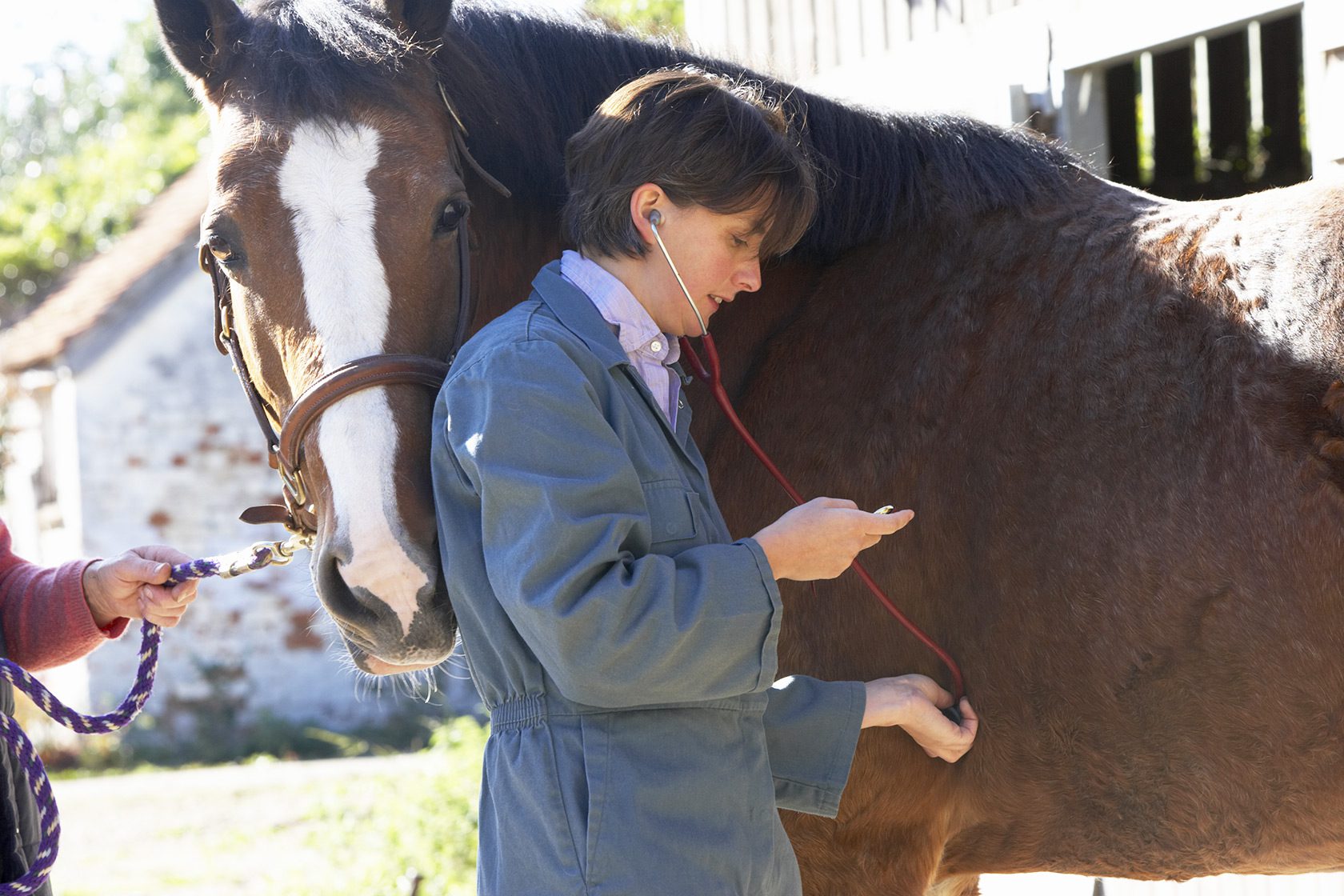Equine Infectious Anemia (EIA), also known as swamp fever, is still present and affecting horses across the U.S. and Canada with several EIA outbreaks already detected in 2019.
EIA Cases in the US
The Equine Disease Communication Center (EDCC) reported 37 cases of EIA in the US in 2018, with the most confirmed cases in Texas and Georgia.
The USDA reported 80 EIA positive horses in 2017 and 52 in 2016.
EIA Cases in Canada
The Canadian Animal Health Surveillance System (CAHSS) reported 14 cases in 2018 in Alberta, British Columbia and Saskatchewan. The CFIA reported 20 EIA positive cases in 2017 and 27 in 2016.
Did you know GVL hosted “EIA in Canada” webinar? Watch it here: https://youtu.be/g02944UHO8A.
Detecting EIA in Horses
EIA is an infectious and potentially fatal viral disease of members of the horse family. No vaccine or treatment exists for the disease.
Because EIA affects horses differently it can be difficult to diagnose. One horse may die within two to three weeks if infected with EIA, while another could be an “inapparent” carrier and show no obvious signs or symptoms.
Once infected, a horse will always be a carrier and potential transmitter of EIA. If the horse survives, it may develop chronic EIA with recurring fever, listless behavior, weight loss, swelling or anemia.
Yet, many owners aren’t following through on annual testing of their horses.
EIA Testing
The first indication that a horse is infected with EIA may be a positive result on a routine annual test. (EIA tests are often referred to as Coggins because of the method for diagnosing EIA developed by Dr. Leroy Coggins.)
Because preventing the transmission of EIA involves separating infected horses from non-infected horses, it is recommended that all horses are tested. The US Department of Agriculture (USDA) and the Canadian Food Inspection Agency (CFIA) have their own rules and requirements for EIA testing.
In the US, each state animal health department may have their own requirements for movement and travel, as well. You can find interstate travel requirements for horses at www.animalregs.com.
Equine practitioners and owners have a secure, efficient digital EIA testing solution, thanks to the GVL platform.
With GVL’s software, veterinarians experience:
- Faster testing process – immediate lab submission and resulting
- Clear horse identification – easy digital photo upload
- Better communication with clients – owners have 24/7 access online
- Improved traceability – searchable database allows easy record retrieval
